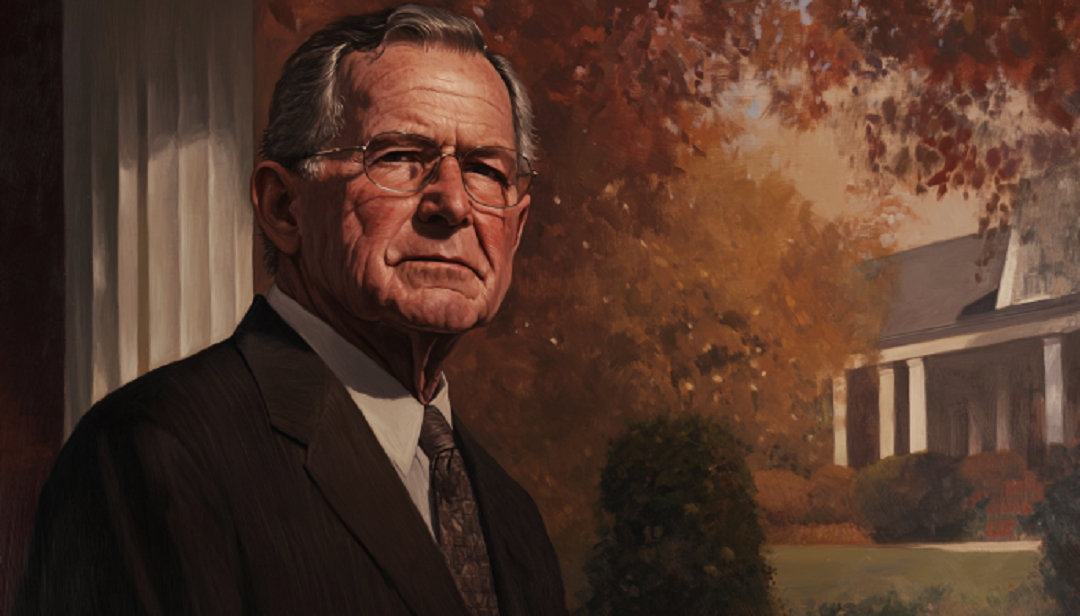Famous People Who Are Enneagram 6: Historical Figures and Celebrities with the Type 6 Loyal Skeptic Personality
People who identify with Enneagram Six, also known as Loyalists, Skeptics, or Loyal Skeptics, are known for their thoughtful and cautious nature. Ever wonder which famous people are Sixes? We did our research and created a list of some celebrities and historical figures who embody the traits of the Enneagram 6 personality type.


Back
8 mins read
Whether you’ve recently taken an Enneagram test or have known about type for a while, discovering you're a Type 6—also called the Loyalist or the Skeptic—might leave you wondering, "Am I the only one?"
Or, "Are there any famous people who are also Type 6?"
The answer is, no, you’re definitely not alone. And, yes many well-known figures from Hollywood, politics, and even science share your Enneagram type. Seeing how these public figures express their loyal yet questioning nature can offer valuable insights into how these traits might show up in your own life, especially if you’re new to the Enneagram.
In this article, we’ll look at the lives of some famous Enneagram 6 individuals and explore how their blend of loyalty and skepticism has shaped their careers and public personas.
Pssst! If you haven't already, you may want to read our article on the Enneagram Type 6 before diving into this list. It will help you better understand the traits and characteristics of the loyalist personality type.
9 Famous People Who Are Enneagram 6: Skeptics and Loyalists in the Public Eye

Sixes tend to exude a blend of loyalty, preparedness, and a touch of nervous energy. These individuals are known for their dedication to loved ones and causes, their ability to anticipate potential problems, and, sometimes, their struggles with anxiety and self-doubt.
Think of them like the ever-vigilant scout on a camping trip—constantly scanning the horizon for potential threats, making sure the campfire is under control, and double-checking the map to ensure everyone's on the right path. They're the folks who ask, "Are you sure we should be doing this?" not to rain on anyone's parade but to ensure everyone stays safe and sound.
That said, the Enneagram 6 famous people on our list (in no particular order, by the way) include Ben Affleck, Joe Biden, Tom Hanks, Ellen DeGeneres, George H.W. Bush, Prince Harry Diana, Princess of Wales, Woody Allen, and Johnny Carson. Taking a closer look at each of these individuals' public persona and actions can offer a clue of how their Type Six tendencies manifest.
But remember, it's impossible to definitively know someone's Enneagram type based on their public persona alone without official testing.
With that disclaimer out of the way, let's explore our list of famous Type 6s and see how their personality types have influenced their lives and careers.
Ben Affleck Reflects the "What If It All Falls Apart?" Mentality of Type 6
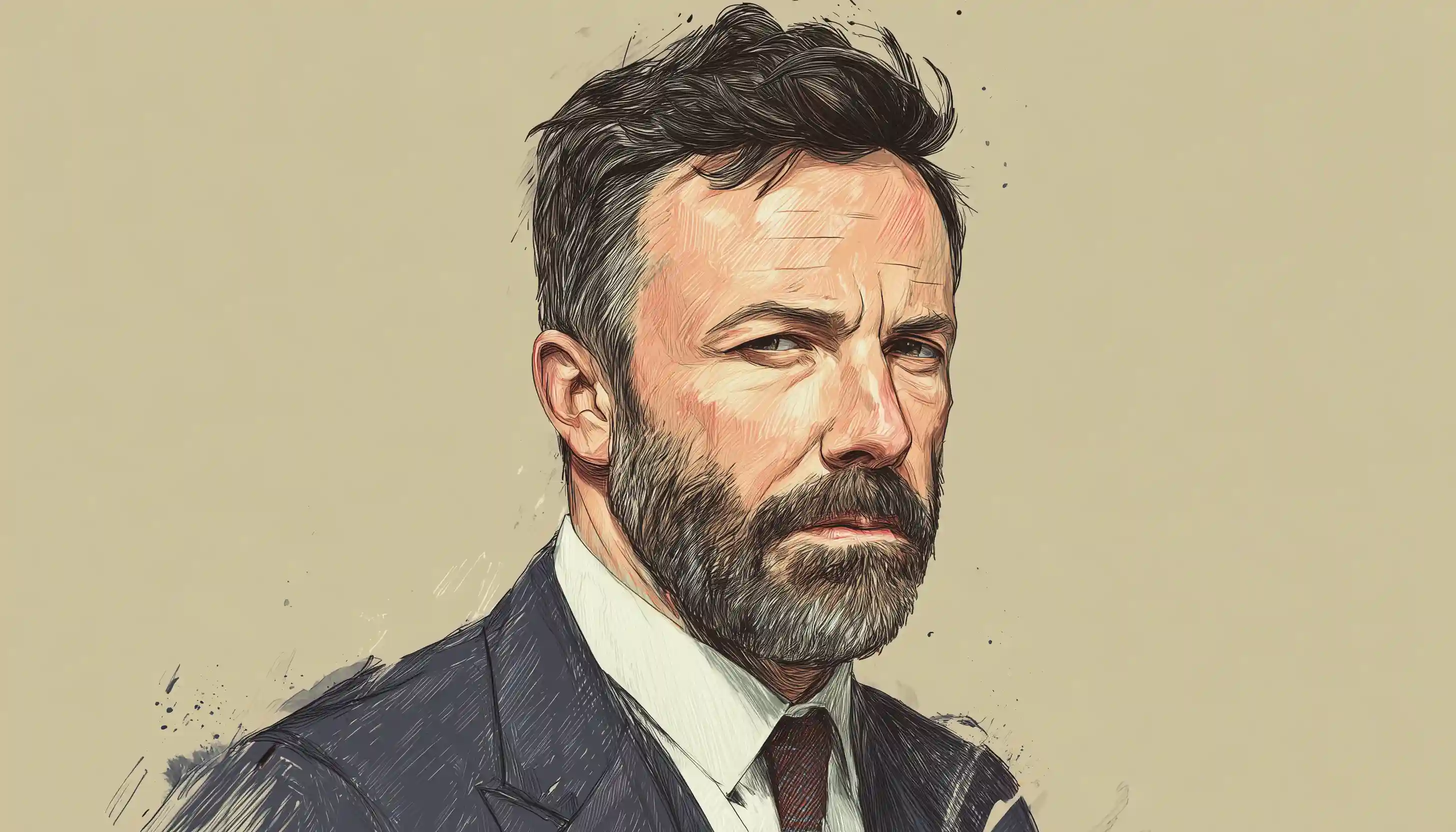
A hallmark of Type 6 is their strong work ethic and dedication to achieving security. Affleck's relentless pursuit of success in Hollywood, both as an actor and director, matches this trait. His impressive filmography and numerous awards showcase his drive to establish himself as a respected figure in the industry.
However, despite his accomplishments, Affleck doesn't appear to rest on his laurels. There's a sense of constant striving, perhaps stemming from the underlying anxiety that often accompanies the sixes' fear. This is evident in his choice of roles that explore complex themes of loyalty, betrayal, and moral ambiguity, reflecting his need to question and analyze motives—both his own and those of others.
Affleck also seems to value close relationships and loyalty, which shines through his longtime friend and collaborator, Matt Damon, and other industry friends. This loyalty, however, is not without its challenges. Type 6 individuals can struggle with trust issues, often feeling suspicious of others' intentions. This might explain Affleck's guarded nature in interviews and tendency to keep his personal life private.
Joe Biden is the Perfect Example of a Counterphobic Six
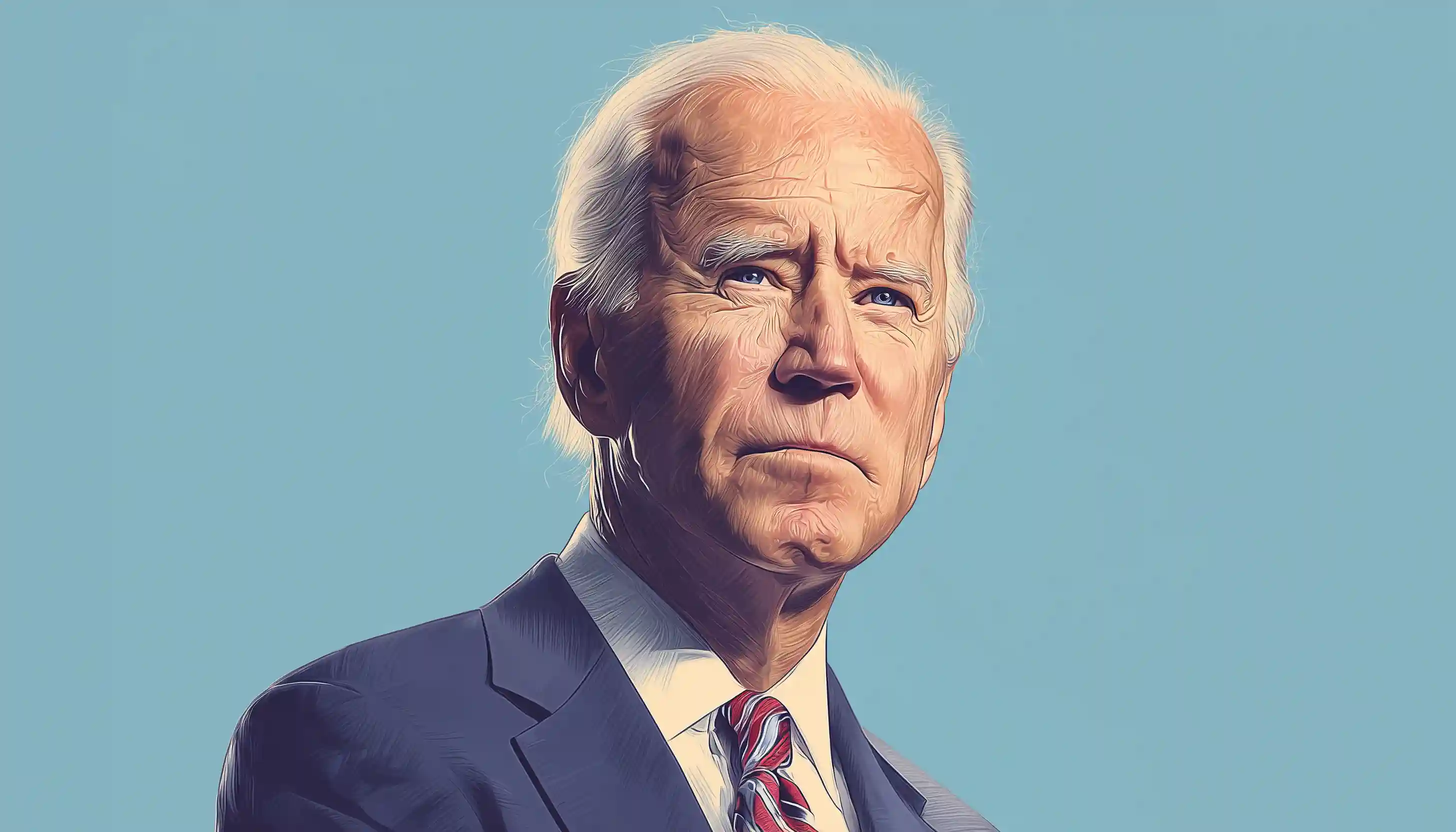
Counter-phobic sixes are characterized by their tendency to confront and face their fears head-on. As the current President of the United States, Joe Biden is no stranger to making tough decisions and always being prepared for worst-case scenarios.
Biden's lengthy political career—from senator to vice president and now President—also reflects his drive for security and stability, personally and for the country. His emphasis on unity and bipartisanship further reinforces this, which may arise from a desire to maintain peace and avoid conflict.
But like many Type 6 individuals, Biden also struggles with worries. He has been open about his struggles with stuttering, which may have influenced his cautious nature and attention to detail.
"America's Dad" Tom Hanks Embodies the Everyman Traits of a Type 6
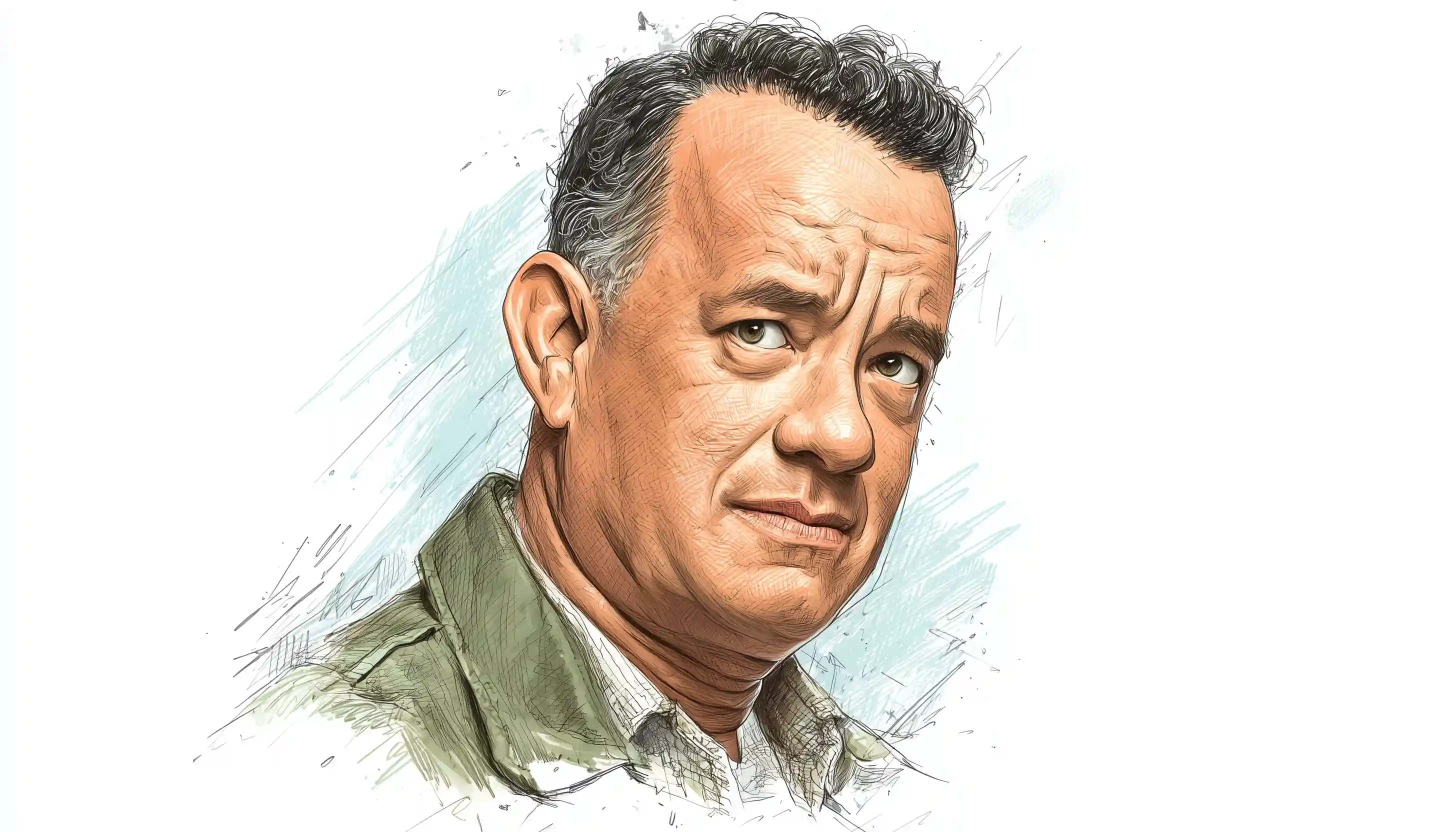
Tom Hanks is the guy you'd want as your neighbor, dad, or even President. He embodies the Type 6's reputation for reliability and trustworthiness. From his iconic roles as the steadfast Captain Miller in Saving Private Ryan to the dependable Woody in Toy Story, Hanks oozes stability and loyalty.
Off-screen, Hanks's philanthropic work and advocacy for various causes align with the Type 6's sense of duty and responsibility for their community. Hanks has also grappled with self-doubt and anxiety, which he attributes to his upbringing and constant moving around as a child.
Ellen DeGeneres Shows the "I Need Everyone’s Approval" Side of Type 6
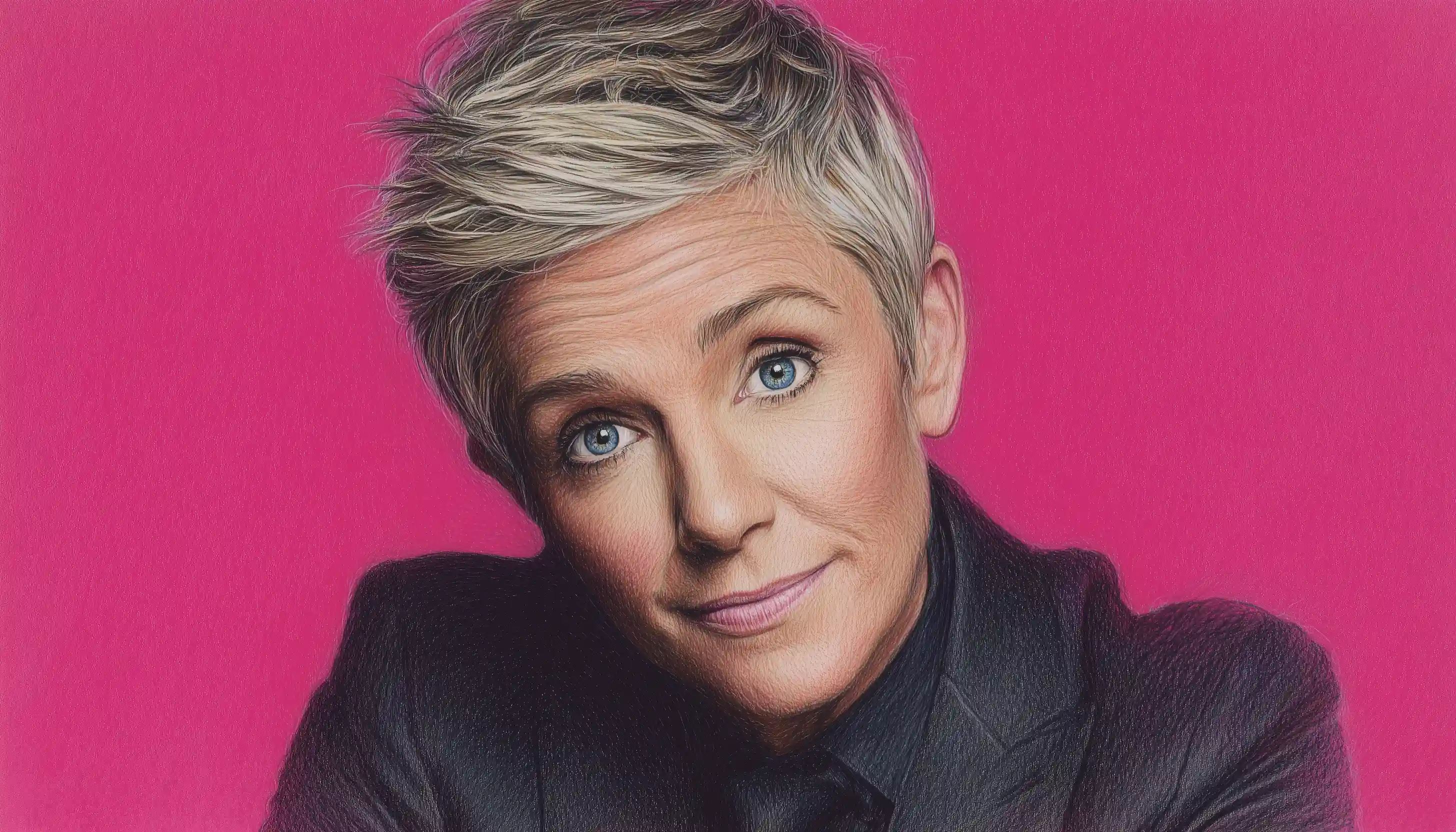
The American comedian and host DeGeneres's friendly, approachable demeanor hides a more complex personality. Her fierce loyalty to friends and family, coupled with her ability to turn anxieties into humor (a common 6 coping mechanism), points towards a 6's inner workings.
DeGeneres's constant need for approval and her struggle with imposter syndrome also speak to the Type 6 tendency to seek validation and reassurance from others. The allegations of a toxic workplace environment that arose might even be seen as a manifestation of a 6's fear of betrayal and need for control.
Despite these challenges, DeGeneres has used her platform to promote kindness and inclusivity, particularly for LGBTQ+ rights—another hallmark of Type 6's sense of justice and fairness.
George H.W. Bush Represents the "Duty-Bound" Patriarch of a Type 6
As a former US President and CIA director, George H.W. Bush was the "duty calls, and he answers" kind of guy. He was known for his cautious approach to foreign policy, always weighing the risks when planning for future events and seeking advice from his trusted advisors.
This isn't just about politics; it's the Type 6's innate trait of always being prepared and considering all possible outcomes.
Even in retirement, Bush continued to serve his community through humanitarian efforts and volunteering, reflecting Type 6's sense of duty and responsibility towards others. There's even a humanitarian aid award named in his honor.
Prince Harry Has a Rebel Streak in His Type 6 Personality
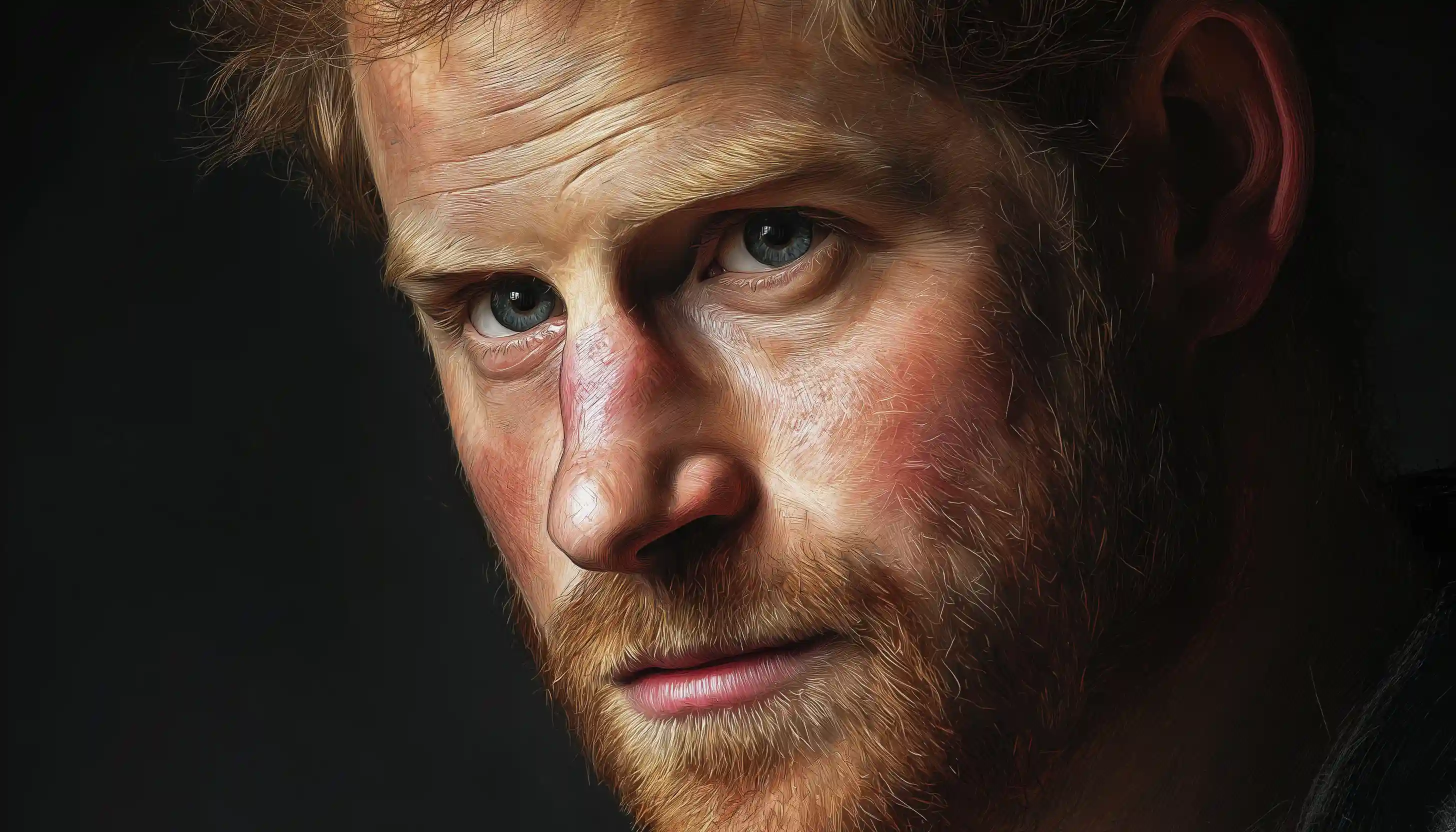
Prince Harry's rebellious antics and outspokenness might seem uncharacteristic of the dutiful royals, but it could also be seen as his way of challenging authority and seeking independence. This goes against Type 6's tendency to seek security and stability but also reflects their desire to question and challenge established norms.
However, as seen in his advocacy work and charitable efforts, Prince Harry embodies the Type 6's drive for justice and fairness. This is evident in his dedication to mental health awareness and his willingness to speak out against injustice.
Diana, Princess of Wales, Exemplifies the "Loyal Rebel" Spirit of Type 6
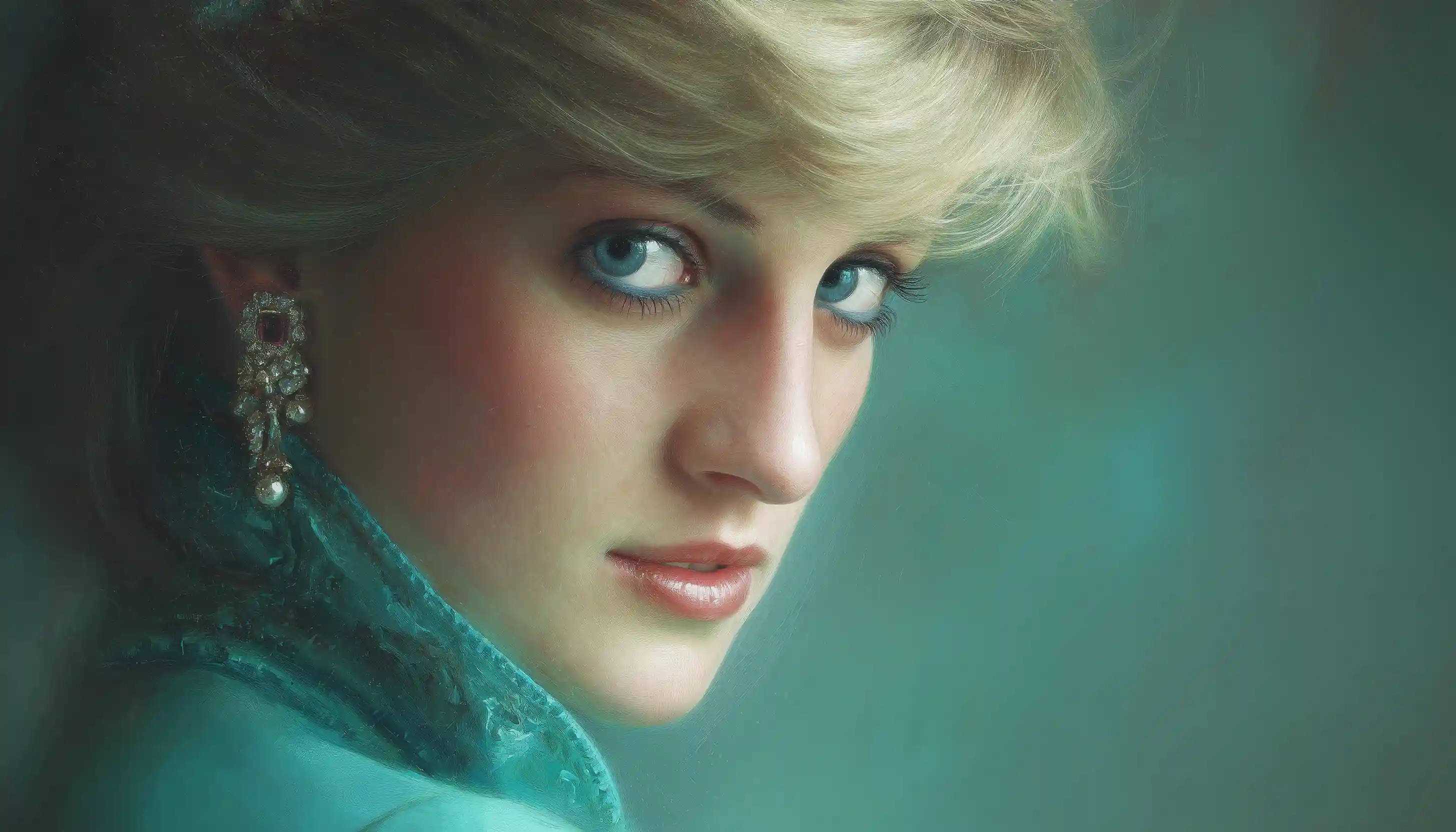
Known as the "People's Princess," Princess Diana was a much-loved celebrity for her compassion, humanitarian work, and rebellious spirit. From the moment she stepped into the royal spotlight in 1997 to her tragic death in 1997, Diana captured the public's heart as a style icon and human rights advocate.
But behind the glitz and glamor, there was much more to her story than the public saw. Princess Diana's rebellious streak and her desire to break free from the constraints of the royal family might stem from her Type 6 personality's need for independence and self-discovery. She was also known for her empathy and compassion, traits often associated with Type 6 people.
Despite their rocky marriage, Princess Diana remained fiercely loyal to her children and continued to use her platform for charitable causes. Another reason we believe Princess Diana was a Type 6 is her turbulent personal life. "Feelings of emptiness and detachment tormented Diana; she feared abandonment; she had difficulty sustaining relationships; and she kept those closest to her on tenterhooks,” says American journalist and biographer Sally Bedell Smith.
Some interpretations of Diana's personality suggest that she may be better aligned with other Enneagram types like Type 4 (The Individualist). However, if you watch her iconic 1995 interview with Martin Bashir, you can see how her desire for authenticity and her fear of abandonment align with Type 6 personality traits.
Johnny Carson, a Type 6, Mastered Witty Banter but Kept His Distance
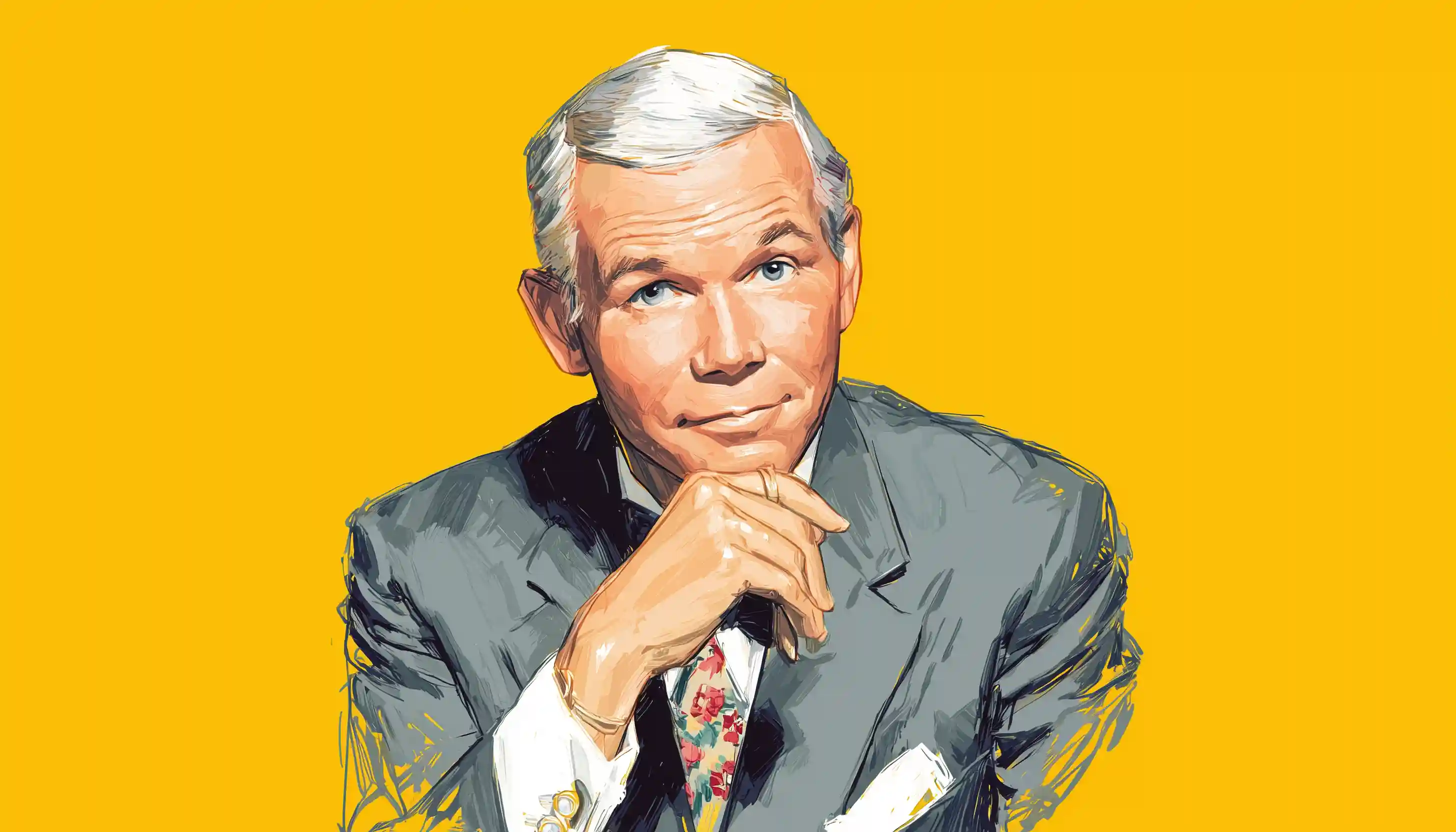
Johnny Carson was a legendary American author and television host, best known for his 30-year tenure as the host of NBC's “The Tonight Show Starring Johnny Carson.” His quick wit and charm made him a beloved figure in the entertainment industry.
But beneath his charming exterior, there might have been a degree of caution and emotional distance, characteristic of a Type 6. His humor often served as a buffer, allowing him to connect with his audience while maintaining a certain level of detachment.
Despite his overwhelming success, Carson also struggled with imposter syndrome. His loyalty to his viewers showcased a desire for stability and a commitment to his craft.
Woody Allen's Life Proves that Type 6 Aren't Always the "Good Guys"
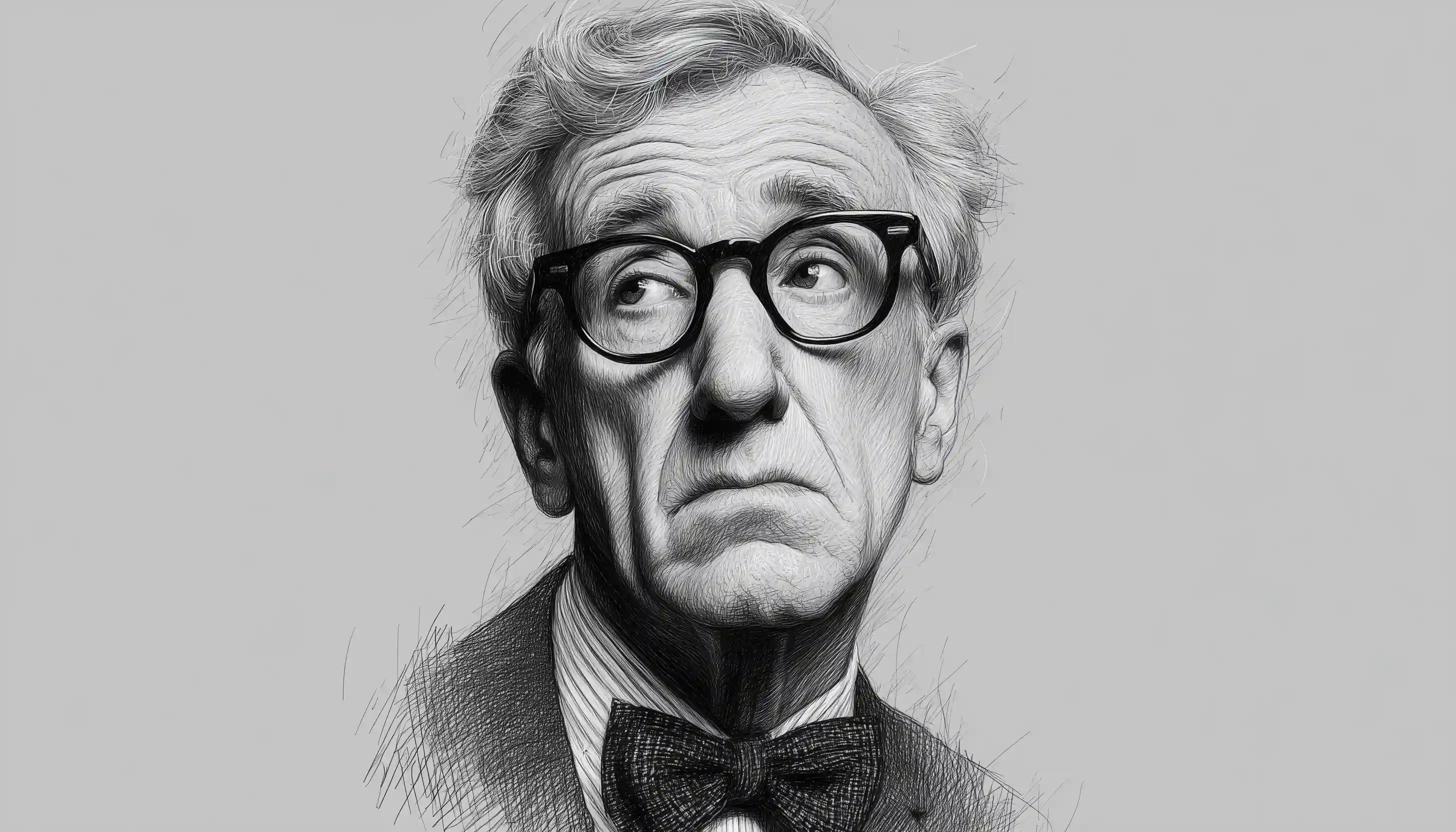
Woody Allen is an American actor whose controversial personal life and allegations of sexual misconduct have overshadowed his successful career as a filmmaker. However, his rise to fame and subsequent downfall may reflect some common themes in Type 6 individuals.
Growing up in a strict household with an overbearing mother and feeling alienated from his father—a protective figure he could not rely on—Allen has admitted to struggling with mistrust and a heightened need for security throughout his life. This lack of a protective figure may have fueled his need to seek validation and control in relationships and contributed to his deep fear of making mistakes.
While Type 6 personalities are typically associated with traits like loyalty and reliability, Allen's actions have raised serious questions. His story illustrates how even individuals who appear to embody "good" Enneagram traits can struggle with inner conflict and destructive behaviors.
The list of Type 6 Enneagram celebrities doesn't end here; below are a few other famous people we believe also fall under this typing:
- Mason Mount, a professional footballer/soccer player
- David Letterman, an iconic figure in American television
- America's most celebrated author, Mark Twain
- American actress Jennifer Aniston
- American singer Jill Phillips
Famous Type 6 Fictional Characters
In addition to real-life characters, you can find Type 6 personalities in your favorite TV shows and movies. Here are some examples:
- Tyrion Lannister from Game of Thrones represents the Type 6's intelligence, loyalty, and quick thinking in the face of danger.
- Hermione Granger from Harry Potter showcases a Type 6's love for knowledge and preparation.
- Han Solo from Star Wars could be seen as a Type 6 with his rebellious streak and reliance on his abilities rather than authority figures.
- Chandler Bing from Friends also demonstrates a type 6's tendency to use humor as a defense mechanism while showing deep caring for his friends.
Find Your Inner Type 6
So, you can see that Type 6 personalities can take many different forms—from rebels to loyalists, comedians to heroes. The common thread among them is their desire for security and stability, mixed with a healthy dose of skepticism and a rebellious streak.
Despite these common traits, Type 6 people remain humble, polite, and down to earth even when they achieve success. Their modesty makes them more relatable and likable, one of the reasons they are so well-loved by the public.
Do you see yourself in any of these famous Type 6 personalities? Or do you know someone who fits this type? To find out, take our quick and easy Enneagram test.
Let's continue with the conversation by checking out famous people with other Enneagrams:


Return to Blog
